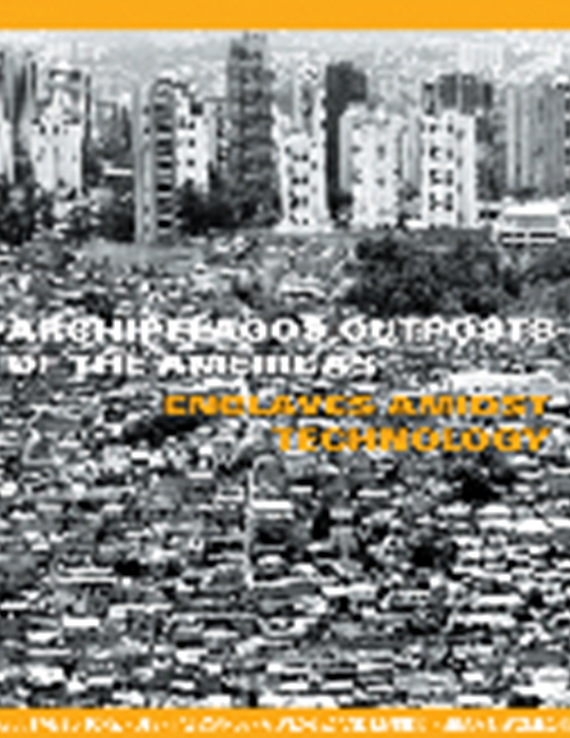Author(s): Elizabeth English
The merging of rational and non-rational “ways of knowing” in the architectural design process is a theme that has long been an important area of speculation among architectural theorists. An investigation of Russian philosophical culture offers insights into how the highly synthetic architectural design process may be conceptualized and theorized in alternative ways. Russian culture never fully absorbed the Cartesian devaluing, as occurred in the West, of the non-rational ways of perceiving “truth” identified by the Russian Slavophile philosophers as intuition, creativity and spiritual knowledge. Russian philosophy therefore is able to provide a conceptual basis for a different understanding of the relationship between design and technology: having not suffered the separation experienced in the West, there exists, at least in theory, no inherent gap between “design thinking” and “technological thinking” to bridge.This paper argues that the rich, complex, and fundamentally Russian intellectual sources of the architectural theories of the Russian avant-garde deserve broader exposure in the West. The research presented here focuses on the profound influence of the nineteenth-century Russian intellectual tradition on the theoretical work of the Russian architectural avant-garde. Unfortunately, little of this rich and complex tradition is familiar to Western architectural culture. This paper strives to offer a fresh look at Russian Rationalist theory by locating its generating ideas within the nineteenth-century Russian intellectual tradition. In the teaching of the history of Modernism in architecture schools in the West, the influence of pre-revolutionary Russian culture on Soviet avant-garde architecture is passed over in favor of a heroic-reductionist perspective which, perhaps predictably, attributes Russian avant-garde theories to the reworking of western European precedents, particularly those of the Italian Futurists and the French Cubists. In this paper I argue that such a representation is, in fact, a misrepresentation.
Volume Editors
Marilys R. Nepomechie & Robert Gonzalez
ISBN
0-935502-54-8

 Study Architecture
Study Architecture  ProPEL
ProPEL 
